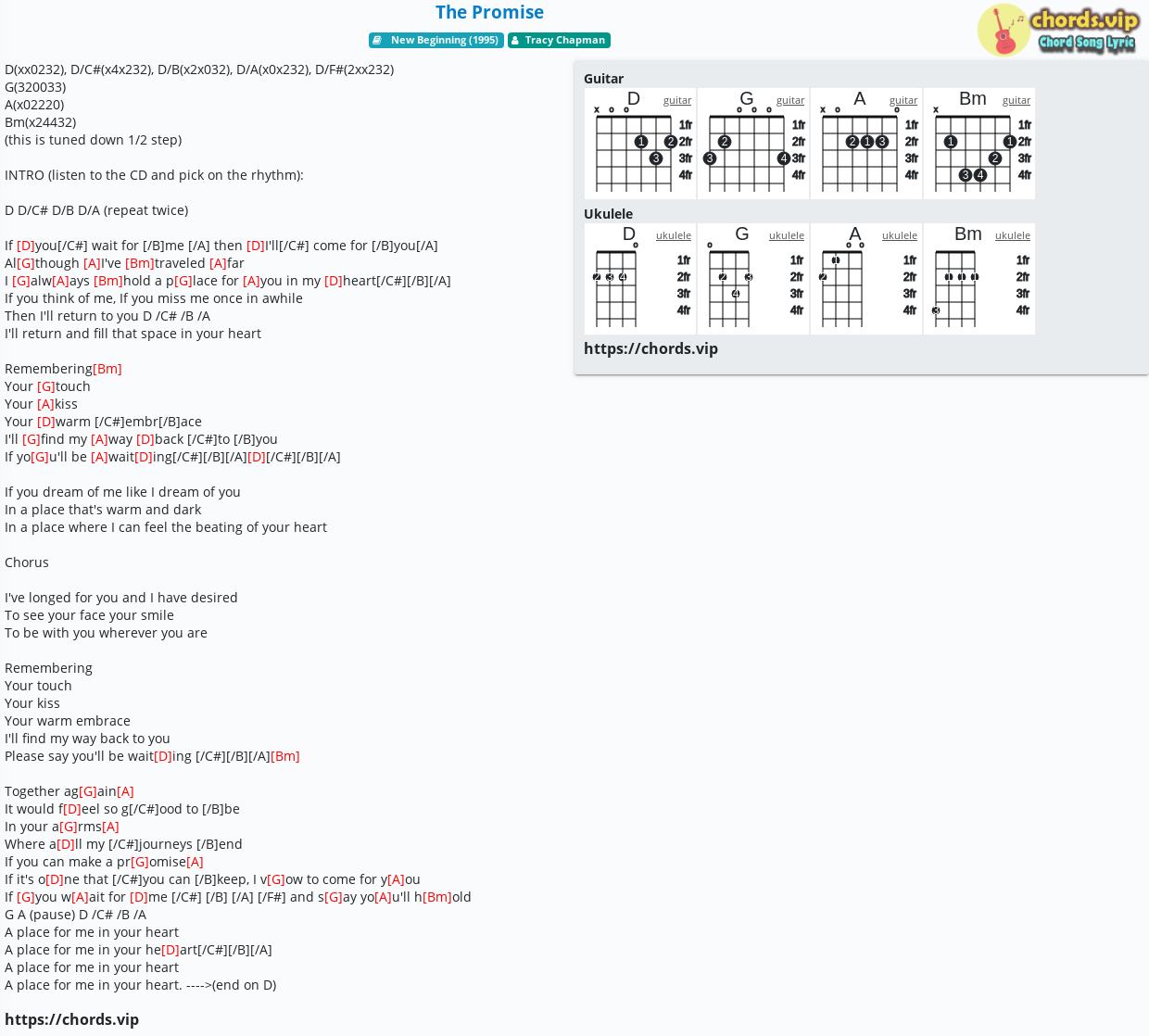


Today, aged 38, she boasts a mane of hair that comes halfway down the back of her corduroy jacket. But the rest of us are stuck with a sound and an image of her that dates from the late 1980s: all pert dreads and protest lyrics. Her second album, Crossroads, released just a year after that memorable debut, did well enough, but failed to lodge itself in the collective memory in the same way.įor those who have been following Chapman's career over the past decade, she never went away there have been world tours, four albums and a whole raft of benefit concerts.

We carried on listening to her early work even as her face faded from view. She got there at the right moment with stuff that was good."īut it was a music and a message that managed both to be of their time and to endure beyond it. "People really wanted what she had," said David Kershenbaum, who produced her first, eponymous album. Aged only 24, she produced not just a one-off memorable song, but a body of work - including Fast Car, Behind The Wall and For My Lover - on an album that many of us still play. Performing at Nelson Mandela's 70th birthday concert at Wembley Stadium back in 1988, Chapman seemed to speak for a generation of would-be radicals who came of political age too late for Paris 1968 and too early for Seattle 1999. R emember Tracy Chapman? For a brief while, 14 years ago, she was everywhere - a powerful, clear voice talkin' about a revolution at a time when Reagan, Thatcher, the Berlin Wall and apartheid all appeared indestructible.


 0 kommentar(er)
0 kommentar(er)
